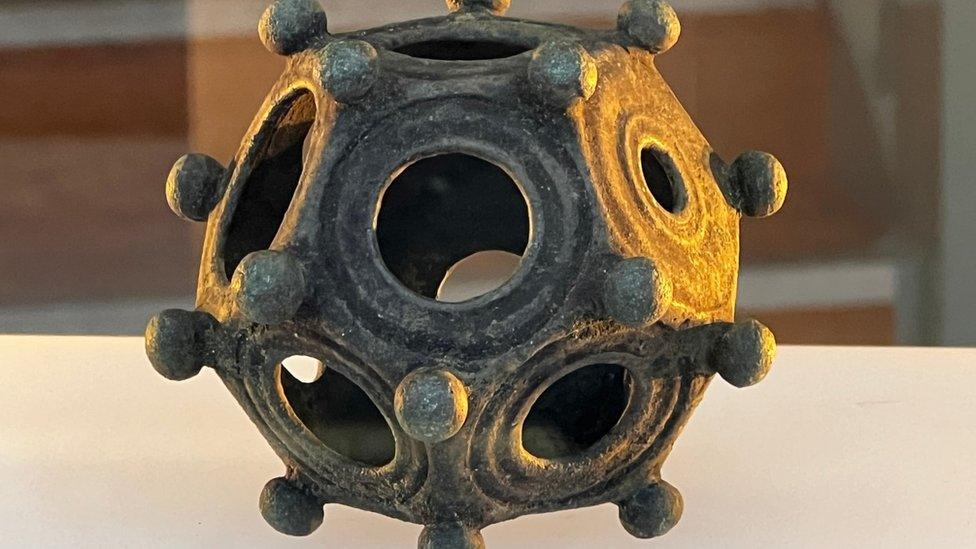Museum asks if we are classier than the Romans
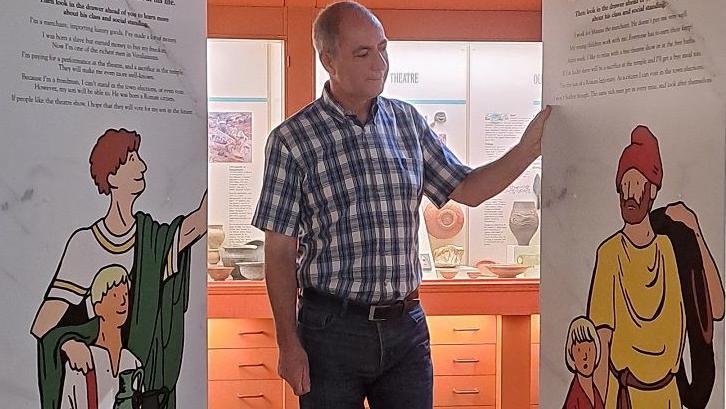
Curator Andrew Deathe wants people to compare Roman society with modern Britain
- Published
The way humans compare their social status, even after death, is the subject of an exhibition exploring Roman society in Britain.
Superior: Inferior asks visitors to the Roman Verulamium Museum in St Albans, Hertfordshire to think about their own behaviour and assumptions, compared with the ancient culture.
"Romans usually showed their class and status through their occupation, their possessions and their property, which is just the same as modern British society," curator Andrew Deathe said.
He has created seven pairs of imagined Roman citizens to explore how they made their status higher or lower.
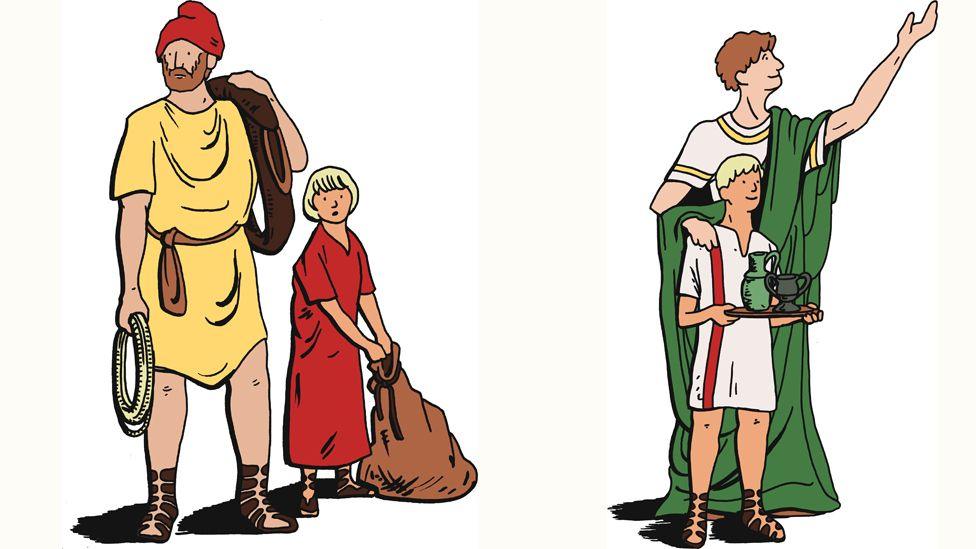
Illustrator Simon Maskell took his inspiration from Tintin to create imagined Roman characters
It includes "a couple of teenage tear-aways stealing statues from a temple".
But as one girl is a Roman citizen and the other a "free-born British girl", Mr Deathe said they would have been treated differently in law.
An audio account hears from "two dead women who appear as ghosts, comparing the goods they have been buried with in their graves".
"Even in death, people were looking at you and judging the situation you were in and measure their status against you," he explained.
The exhibit examines how people compare themselves and try to improve their social standing.
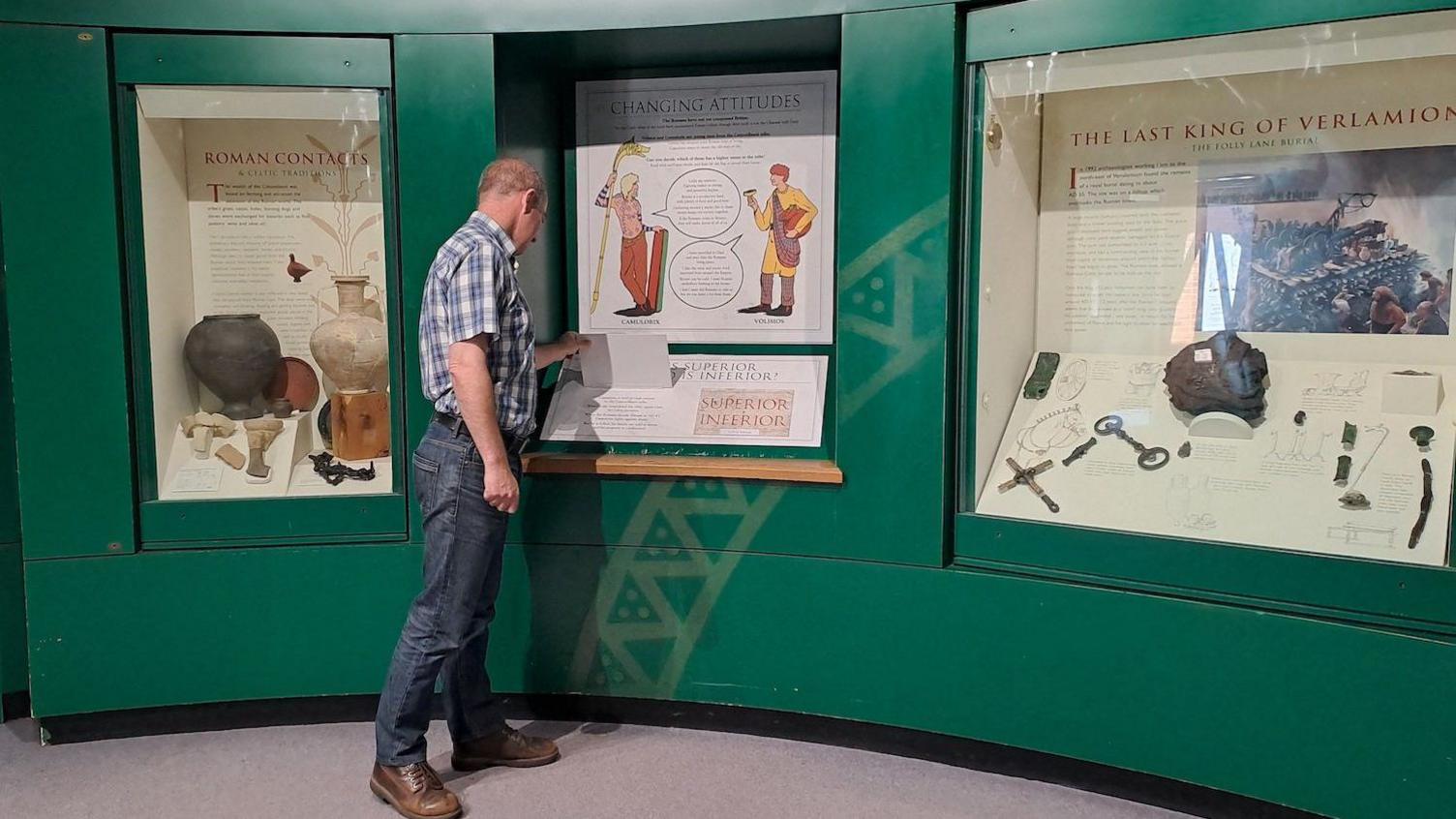
Visitors to the exhibition can decide whether the Roman characters were "superior" or "inferior" in terms of class
Mr Deathe hopes it will spark discussion about human behaviour and society.
"We encourage visitors to think about how we view class today and how they would measure themselves against the ancient citizens," he said.
"We’re all humans, so are we really that different from our ancestors?
"Like us, they had their preferences, dislikes, anxieties and differences, they just expressed them through different objects and technologies."
The exhibition runs until 11 November.
Get in touch
Do you have a story suggestion for Beds, Herts & Bucks?
Follow Beds, Herts and Bucks news on BBC Sounds, Facebook, external, Instagram, external and X, external.
See also
- Published14 April 2024
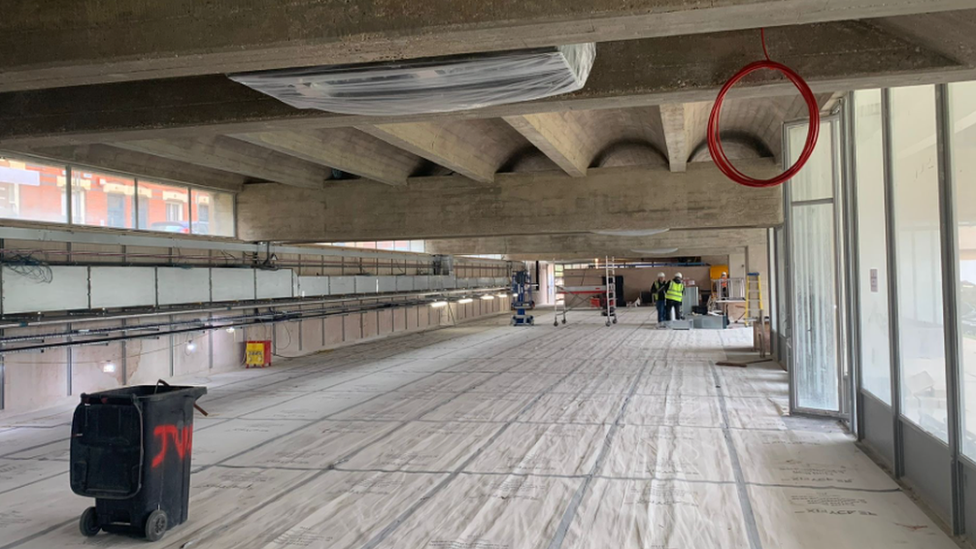
- Published24 July 2024
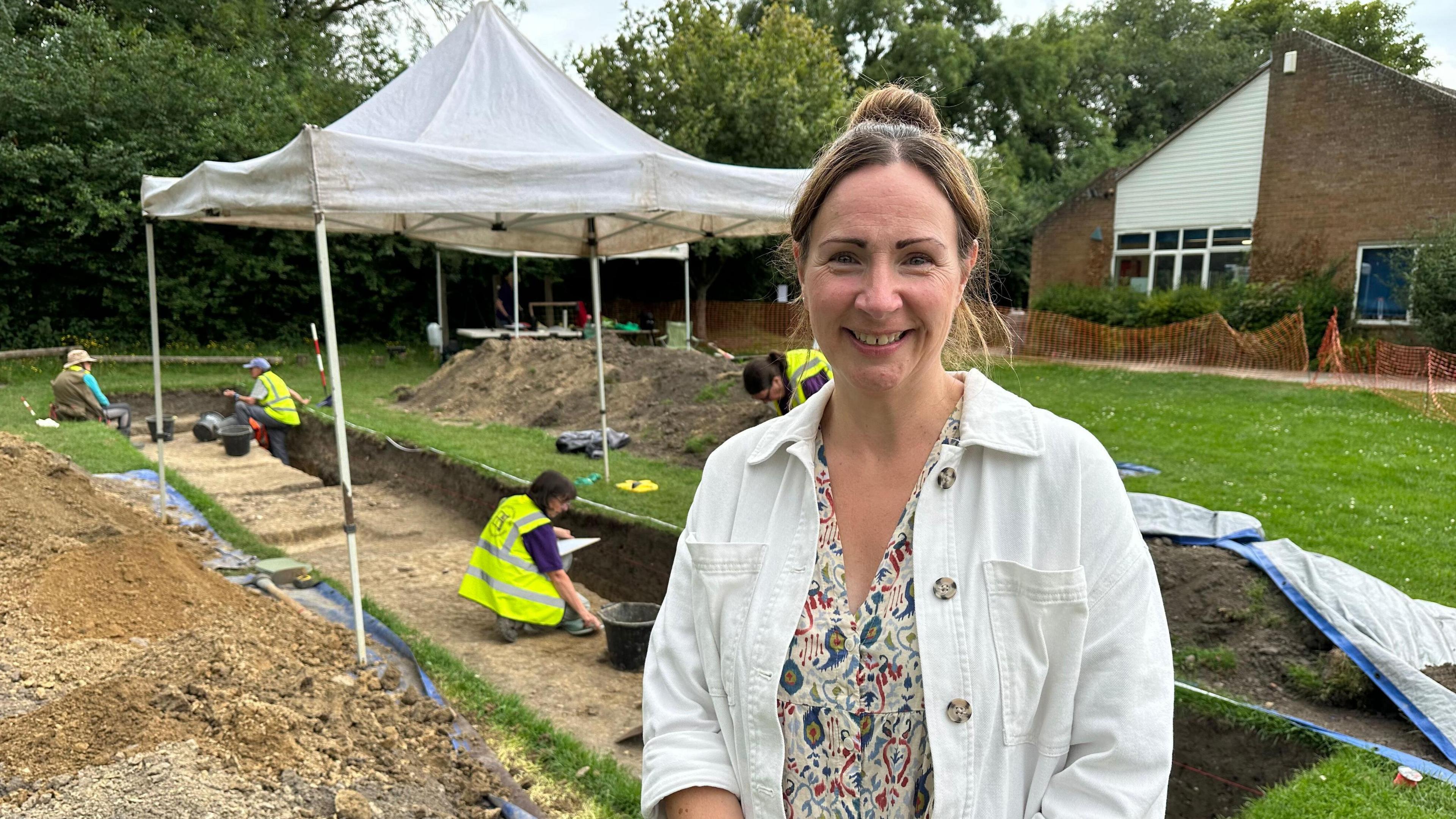
- Published6 March 2024
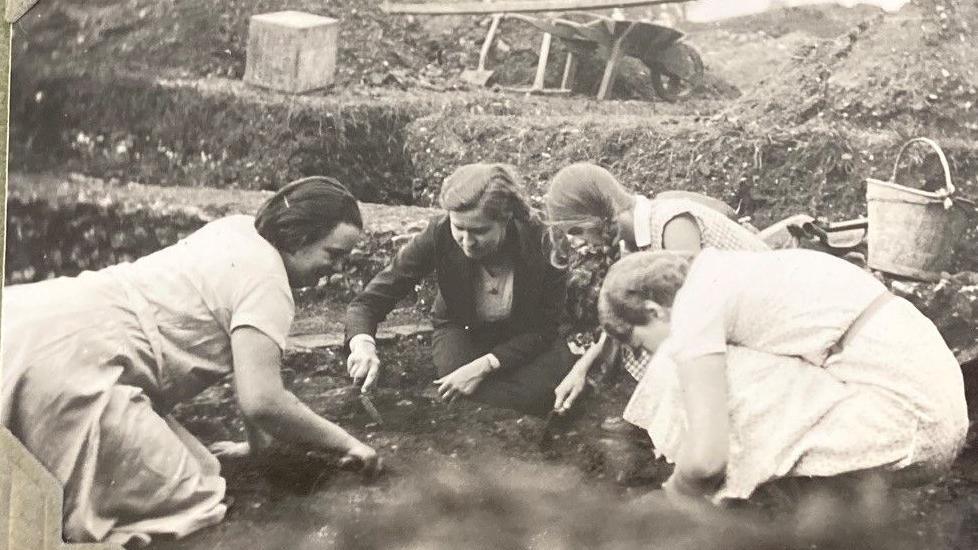
- Published29 April 2024
